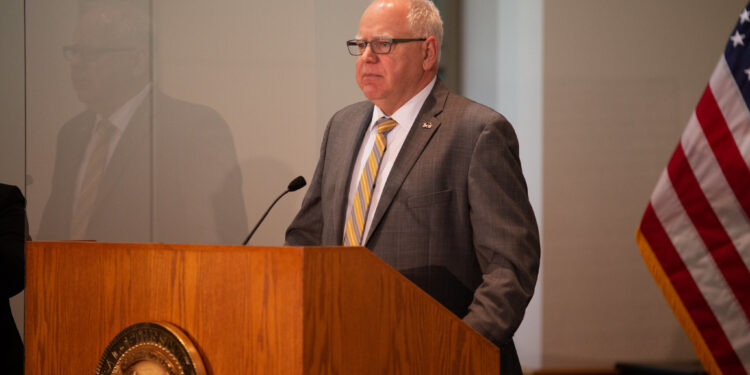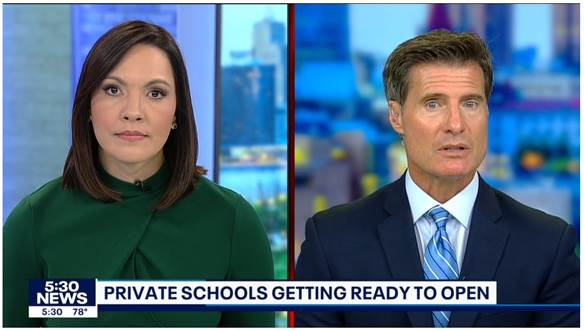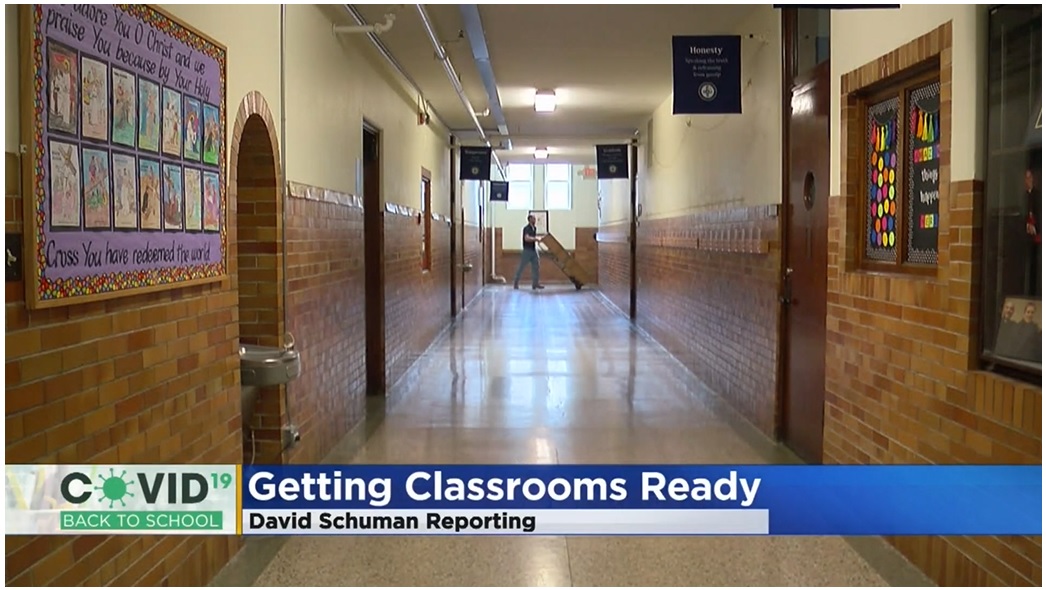A federal tax-credit scholarship provision will go into effect on January 1, 2027 and eligible K-12 students can then begin receiving scholarships to use toward qualified education expenses.
If their state opts in.
The Educational Choice for Children Act (ECCA) allows individual taxpayers to take an annual dollar-for-dollar tax credit of up to $1,700 for cash donations made to an approved non-profit scholarship granting organization (SGO). The SGO then distributes scholarships to eligible students whose family income is less than or equal to 300 percent of their area median gross income. Funds can be used toward a variety of expenses including tuition, special education services, and supplementary items and services, benefiting those in both public and nonpublic school settings.
The donations, scholarships, and administration are all funded by private, individual donations made through the federal tax incentive.
Two governors — Gov. Josh Stein (D) of North Carolina and Gov. Bill Lee (R) of Tennessee — intend to opt their states into the federal tax-credit scholarship program, according to Education Week. Two other states — Oregon and New Mexico — have stated they will not be opting in.
More formal decisions from states are expected once the U.S. Secretary of Treasury issues proposed regulations and guidance for implementing the program. These regulations will then go through the federal rulemaking process for finalization.
Given that taxpayers can still take advantage of the federal tax credit even if their state doesn’t opt in by donating to SGOs operating in states that choose to participate, there are a couple of layers for state governors to consider as they make their decision.
What will Gov. Tim Walz do? Will he give Minnesota students the opportunity to receive an education scholarship that costs the state zero dollars? If he chooses not to, Minnesota children lose and philanthropic dollars flow out of the state to one that opts its kids in.












![[downloaded during free trial]](https://oakmn.org/wp-content/uploads/2025/11/iStock-1430368205-120x86.jpg)
